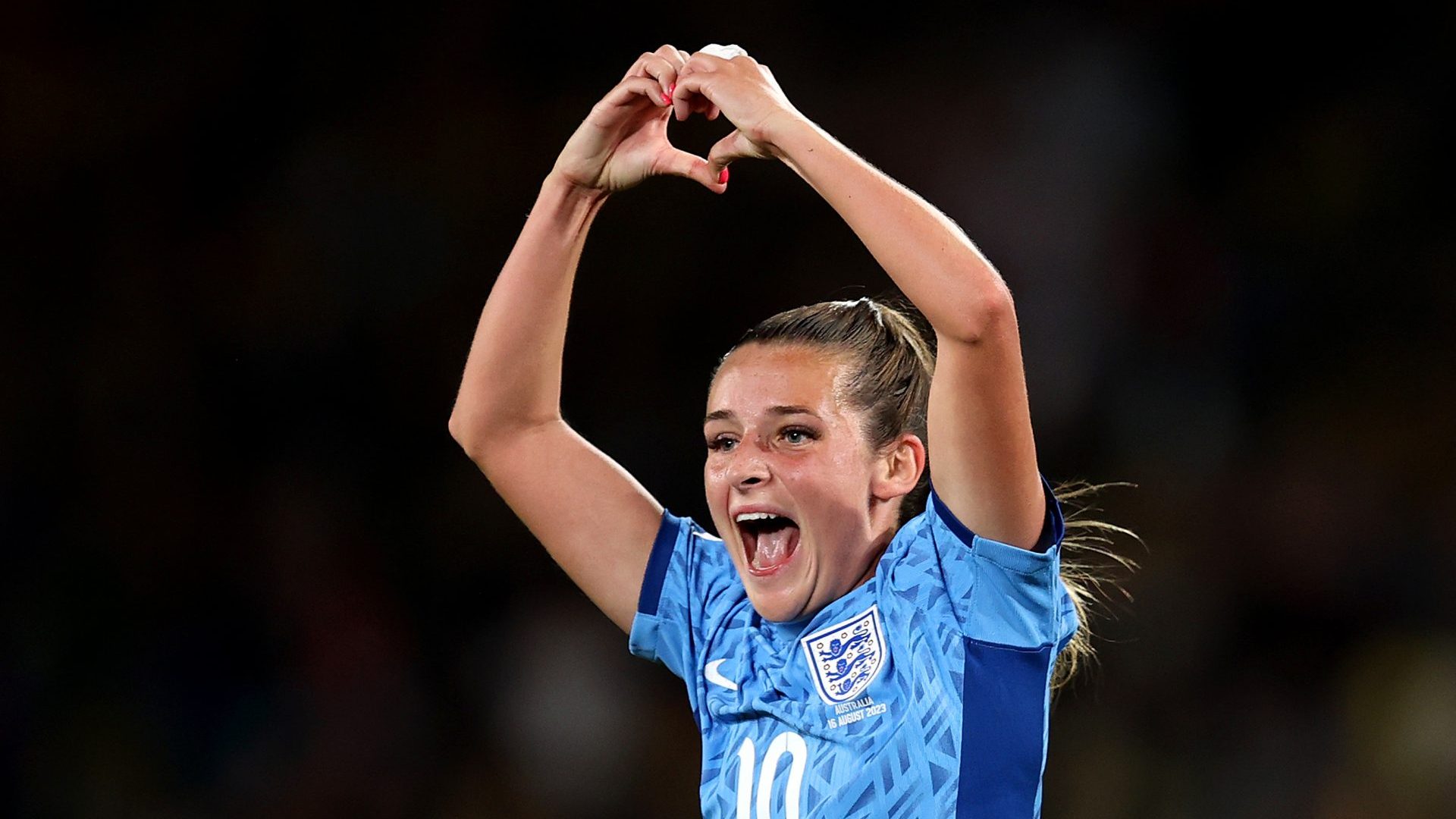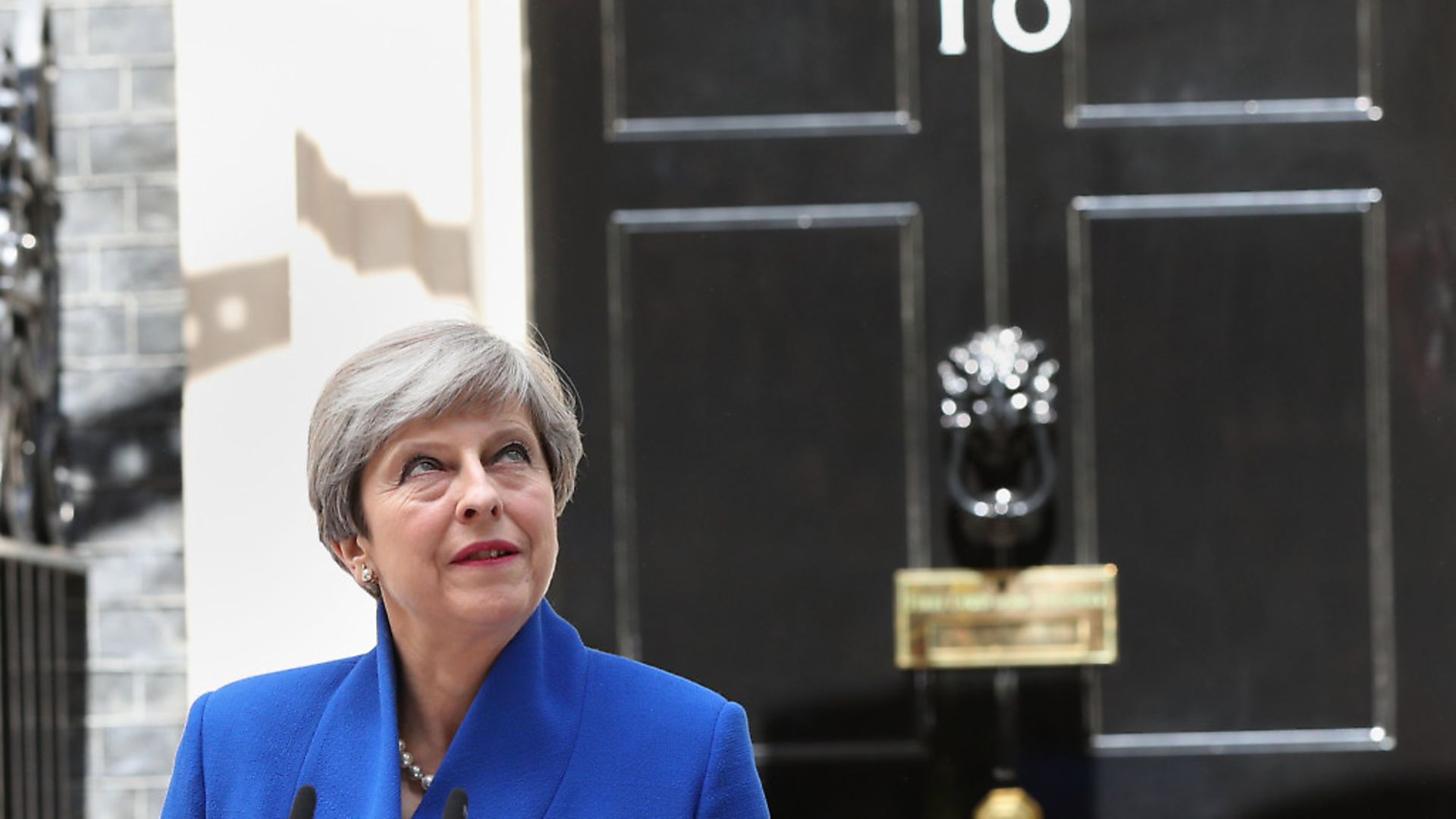Here is the difference between a nationalist and a patriot. A nationalist wastes a week of government time on his obsession with “small boats”, on targeting supposedly “crooked” migration lawyers, and on transferring refugees to a barge infected with legionella. A patriot drops everything to be in the stadium when the national team plays in a World Cup final.
In July 1966, Harold Wilson rushed back from a meeting in Ottawa with Lester Pearson, the prime minister of Canada, so he could watch England win the World Cup; his plane touching down at 1.10pm, just in time for the 3pm kick-off at Wembley.
Fifty-seven years later, Rishi Sunak chose to stay in his Yorkshire constituency as the Lionesses battled against Spain – posting a tweet of commiseration after the final whistle that didn’t even make sense (“You left absolutely nothing out there, @Lionesses”). If politics is a question of priorities, this PM has made his own embarrassingly clear.
On the latest episode of The Two Matts podcast (do give it a listen), I offer a fulsome apology to listeners, to my family and to the nation for being that most irritating variety of football fan: the kind that tunes in for international tournaments to cheer on England – to salute Earps, Hemp, Greenwood, Bright, James – and then tunes out again until next time. Let’s face it: we are the Sunday drivers of the game.
TNE founder and editor-in-chief Matt Kelly, usually the most generous of leaders, is severe about such dilettantism and says that he “pities” my ignorance of club football. I know it’s for my own good. As the son of a man who played for Newcastle and the father of two Manchester Utd fans, I ought to know better. I am letting the school down etc.
But I’ll be honest. If the men’s side qualifies for the Euros in Germany next year, I’ll be up to my old tricks: obsessing about England’s chances, poring over match statistics, passing judgment upon Gareth Southgate’s team selection as I did Sarina Wiegman’s over the past few weeks.
For those who really know their football, such amateurism must indeed be infuriating. All the same: it isn’t hard to unpack the psychology of this intermittent fixation. England’s remarkable run since July 2021 – three international finals, two of them contested by the women’s side – has given us permission to be patriotic again. More accurately, it has reminded us what patriotism is, and what it is not.
In his 1945 essay Notes on Nationalism, George Orwell offered what is still the definitive analysis: “By ‘patriotism’ I mean devotion to a particular place and a particular way of life, which one believes to be the best in the world but has no wish to force on other people. Patriotism is of its nature defensive, both militarily and culturally. Nationalism, on the other hand, is inseparable from the desire for power”.
Since the referendum of 2016, this distinction has often been forgotten. The well of national pride has been horribly poisoned by xenophobia, by the dehumanisation of migrants, by the pathetic insistence during the pandemic that everything, no matter how dysfunctional, was “world-beating”.
In May, the National Conservatives founded their very own British chapter of Donald Trump’s MAGA. Last month, more than 25 MPs launched themselves as “New Conservatives”, railing against migration and what they chillingly described as the threat to the nation’s “cultural security”.
In such circumstances, it is hardly surprising that progressives have felt ambivalent about nationhood. And this is why England’s successes on the pitch have been so important; showing us that a post-populist patriotism is not only possible but essential.
It has nothing to do with ethnicity.
It is robust in action – think of Earps’ magnificent “fuck off!” after she saved Hermoso’s penalty – but generous, compassionate and decent in spirit. It is pluralist, diverse, open-hearted. It seeks to win, but not to conquer.
Its objective is success, but not by humiliation. It is kinetic and collaborative. Its passions are deep, its triumphs and tragedies mythic. It brings people together, in an age when tribalism, nativism and digitally enhanced resentment are driving them apart.
To watch Gurinder Chadha’s brilliant Bend It Like Beckham (2002) today is to realise how far the women’s game has come in the past two decades. Considered together, England’s triumph in last year’s Euros and magnificent performance in Australia represent a true milestone in women’s sport in this country – and pose important questions about funding, remuneration and opportunities for tomorrow’s players.
But it is deeply patronising to frame this sporting revolution as Sunak did in his pre-match letter to the Lionesses: as primarily a measure of “just how far women’s football can grow in the generations that follow. For my daughters, and for every girl in this country, you have made football something for them”.
This is true, in as far as it goes. But it is only part of the story. In this tournament, the Lionesses represented the whole of England, and dramatised an idea of nationhood that is radically different to the ugly variant offered by this government and its cheerleaders.
Patriotism cheers; nationalism snarls. Patriotism stretches out a hand to those who need refuge, or assistance, or a glimmer of hope; nationalism corners the weak and the vulnerable and blames them for the grievances of the strong.
One could say that this is a land of lions led by donkeys. But, in truth, I see no leadership at all by this government: not of the sort that Wiegman showed after the final whistle, gathering her defeated players in a huddle of solidarity, support and strength.
For now, this nation is held hostage by a gang of liars, cheats and has-beens. But their time is over. It’s done. Holding their heads up high, the Lionesses will begin their preparations for Euro 2025 in Switzerland. By then, the wretched Sunak squad should be long gone, dismissed by a final whistle that cannot come soon enough.




